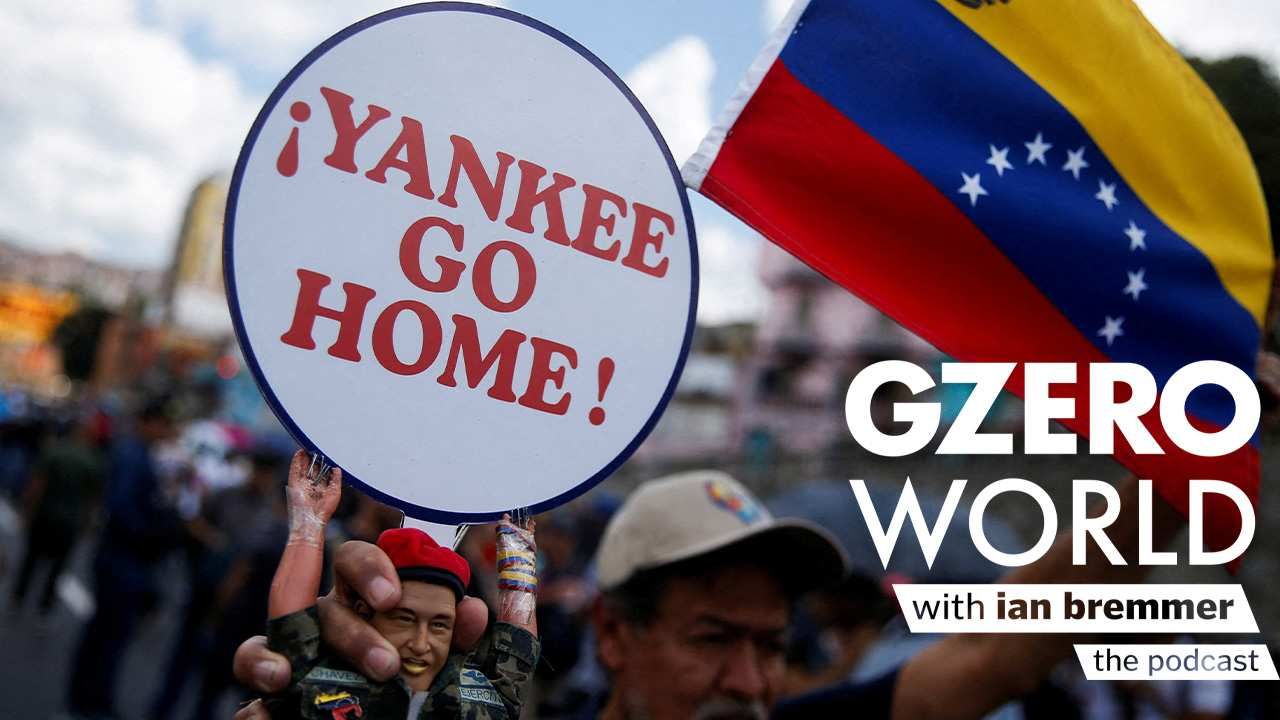10,316: The Berlin Wall stood for a total of 10,316 days, and as of this week, has been down for the same length of time. And yet still, more than half of Germans feel that their country hasn’t fully reunified.
58: percent of Iranians who think the economy is “getting worse.” That’s more than 20 points higher than it was back in 2015, when the country was under more severe sanctions. The protests that erupted late last year about economic issues have fizzled, but clearly discontent still lingers.
3.7: ISIS controls just 3.7% of Syrian territory, down from more than half at the peak of the “caliphate’s” reach. Now that ISIS, which just about everyone hated, is gone — are deeper divisions within Syria, and the region more broadly, re-emerging?
1: The economic output of the single South Korean province Gangwon, the country’s poorest, exceeds that of the entire economy of North Korea. You will hear more about Gangwon in the coming days because it’s where this year’s Winter Olympics will take place.
